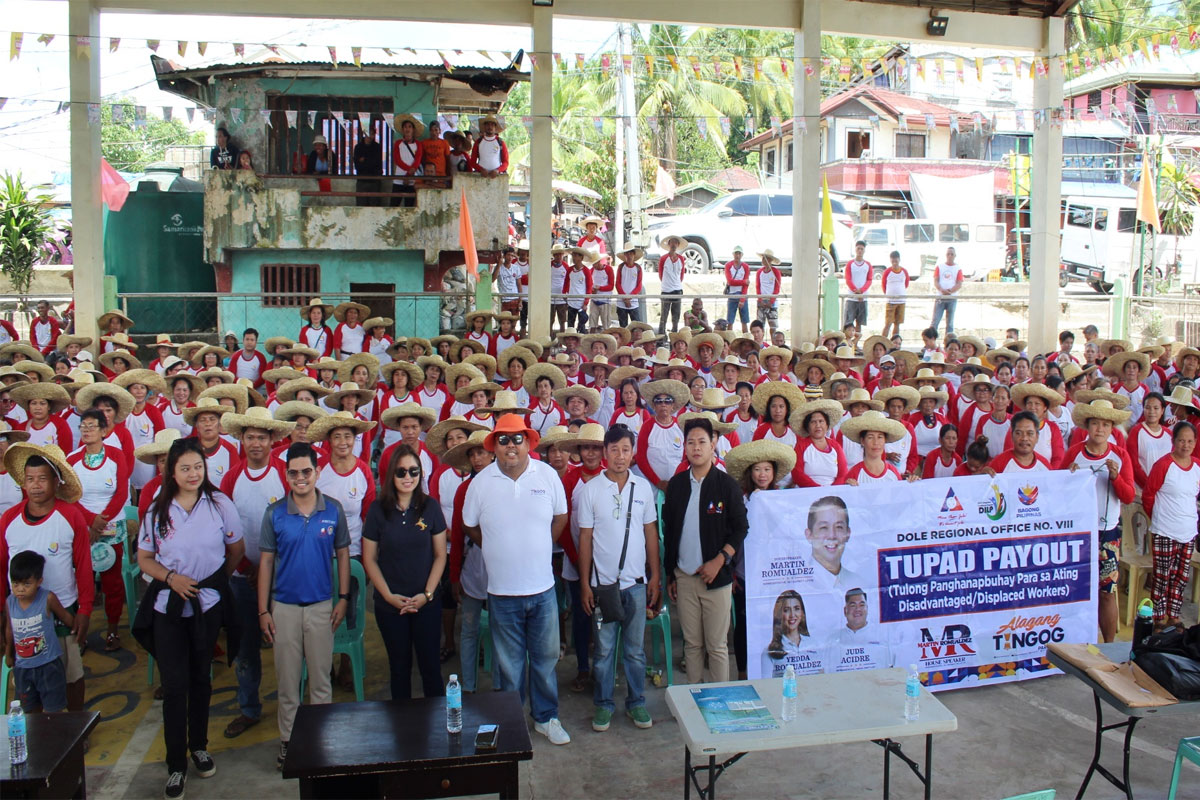
‘Verified’ GCash scammer falls in Dasma
THE Philippine National Police Anti-Cybercrime Group (PNP-ACG) on Saturday called anew on the public to avoid selling their own “verified” GCash accounts as these can be used by scammers to victimize unsuspecting people in the country.
The renewed warning was issued in the wake of the arrest of a 23-year-old jobless woman during an entrapment operation in Dasmariñas City in Cavite.
Members of the ACG Cyber Financial Crime Unit conducted the sting following a complaint from a member of the PNP Special Action Force (PNP-SAF) who was victimized by a fake online seller of jewelry on Facebook.
The SAF trooper complainant said he initially paid P28,500 to one “Timikko Santos” in exchange for a gold bracelet being offered for sale by the latter. However, the seller failed to deliver the bracelet despite the money sent by the cop to the GCash account number she gave him.
When the victim followed up on his purchase with Santos, the latter told him there was an error in the deliveries, claiming the package meant for him was delivered to another person. The suspect then offered the victim a better deal for a minimal additional payment.
The unsuspecting policeman sent another P14,300 to the same GCash account number given by “Santos,” bringing to a total of P42,800 the actual amount of money he had already paid to the suspect.
When the suspect again failed to deliver the package and offered the same alibi, the PNP-SAF personnel reported the matter to the PNP-ACG, which launched the sting that led to the suspect’s arrest when she withdrew the money from the remittance center in Dasmariñas City.
The suspect denied involvement in the scam and claimed she only tried to verify the GCash account number of Santos in the area. The PNP-ACG did not buy her alibi.
The arrest of the suspect prompted the PNP-ACG to warn the public of the modus operandi of scammers to buy verified GCash accounts in Facebook Marketplace and use them to victimize people.
Cybercops said that once used in scams, the registered owner of the digital wallets will find them in hot water.
The two suspects are now facing charges for using a fictitious name and concealing their true name and swindling/estafa under the Revised Penal Code in relation to Republic Act 10175 or the Cybercrime Prevention Act of 2012, said a report to PNP-ACG director, Brigadier General Joel B. Doria.
















